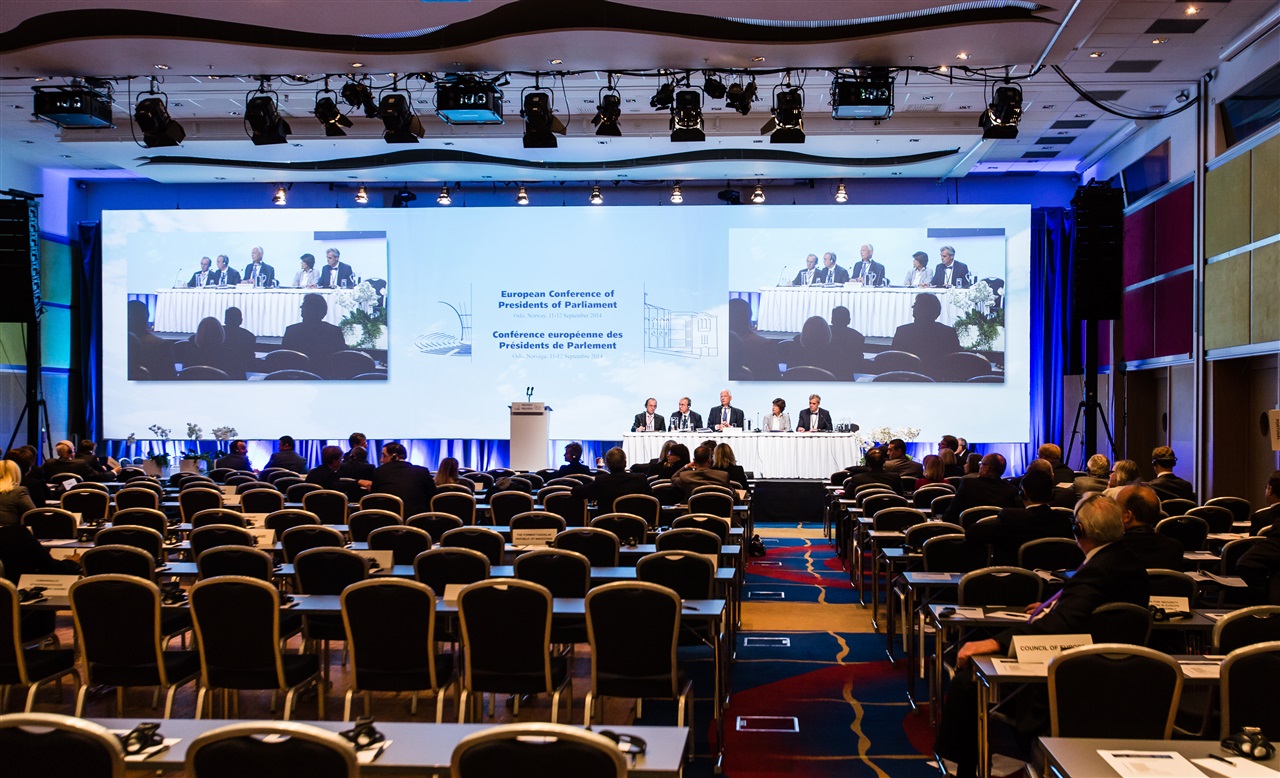
Oslo - Civil society is an important form of extra-institutional opposition, Croatian Parliament Speaker Josip Leko said at the European Conference of Presidents of Parliament in Oslo on Friday, adding that there was in Croatia "a sort of rush on referendums by those who are against government decisions."
Speaking on the topic of "Majority and opposition – striking a balance in democracy," Leko said that civil society, together with the classic parliamentary opposition, represented an important form of extra-institutional opposition.
"In Croatia we have recently been witness to a sort of rush on referendums as a form of achieving political goals by those who are against government decisions, which is paradoxical because in practice organising referendums is a tool in the hands of the authorities," he said.
"Such circumstances beg the question if a referendum is the right, true democracy, or if this is about two opposing principles; one which pushes for negotiating, conferring and seeking the most effective parliamentary procedure to arrive at a joint solution; and the other, which is basic democracy and the 'direct will of the people' but which eventually boils down to the opposition of 'yes' and 'no'," Leko said, adding that "building relations in a democratic society isn't so simply black and white."
He said Croatia had a clear parliamentary democracy characterised by joint decision-making by the legislative and executive authorities, but that this was no easy process.
"We all know that the parliament is the key determinant and institution of true democratic rule but, on the other hand, we also know that the executive authority or the government run by the party or coalition which came to power is inclined towards using the parliament only to confirm its decisions," Leko said.
This begs the question of how to find a consensus and make sure that the decisions of the executive authority are subjected to a greater extent to democratic examination and supervision, both by the public and its legitimately elected representatives in parliament, he added.
He said the government should move "bills in keeping with the programmes whereby it won elections" and that the opposition should have the role of an "active and creative" political opponent.
He voiced confidence that a democratic balance between those in power and the opposition could be struck in parliament through communication and negotiations. "It enables us to strike a balance between the majority and the minority, between different values and positions, between the 'ruling elite' and the public. It makes room for overcoming opposing views and creating solutions for the common good."